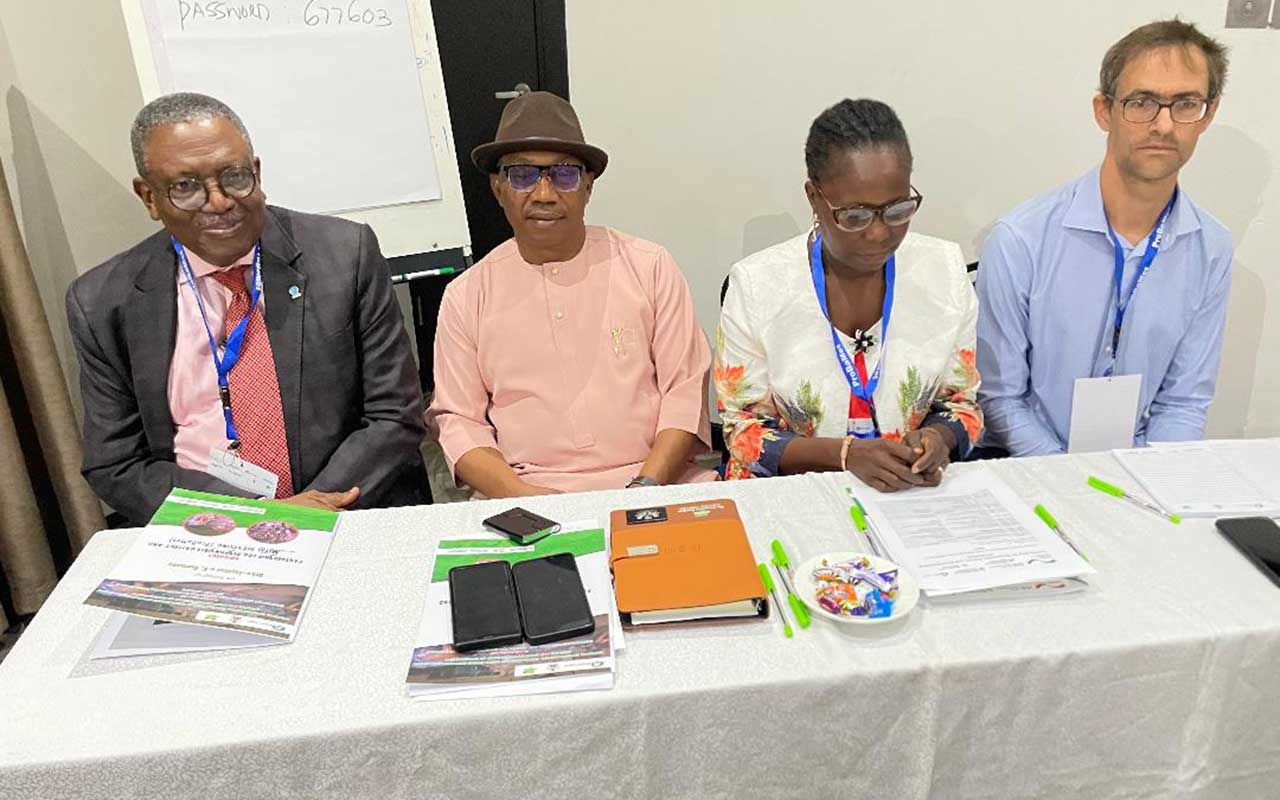
The stakeholders, comprising non-governmental organisations government officials, international groups, experts and companies met in a one-day capacity-building workshop in Lagos on Used Lead Acid Battery (ULAB) recycling in Nigeria organised by National Environmental Standards and Regulations Enforcement Agency (NESREA) in partnership with Sustainable Research and Action for Environmental Development (SRADev Nigeria), Oeko-Institut e.V. Germany.
The groups include the Initiative for Global Solidarity (IGS) managed by the German Society for International Cooperation (GIZ), WV Metalle GmbH, and the Alliance for Rural Electrification.
Speaking at the workshop, NESREA Director General, Dr Innocent Barikor, explained that the workshop is part of the second phase of the Partnership for Responsible Battery and Metal Recycling (PROBAMET) project that aims to promote responsible battery recycling and sustainable sourcing of non-ferrous metals in the country.
According to him, the project’s objectives include building local capacities, reducing risks associated with battery recycling, strengthening grievance mechanisms, and improving data collection and transparency, as well as promoting sustainable environmental management across the country.
He explained that batteries play a crucial role in various sectors such as transportation, renewable energy, and telecommunications infrastructure. The DG noted that improper handling and disposal of used lead-acid batteries can lead to significant environmental and health problems.
“Hazardous materials such as lead, mercury, cadmium, and lithium-ion batteries can contaminate soil, water, and air if not properly managed, resulting in severe health effects like cancer, kidney damage, neurological disorders, and death. The involvement of both formal and informal sectors in unregulated collection and recycling practices exacerbates these risks,” Barikor said.
He said the National Environmental (Battery Control) Regulations were introduced to provide a comprehensive legal framework for the environmentally sound management of all types of batteries throughout their life cycle.
“They aim to prevent and minimise pollution and waste arising from used batteries. Additionally, these regulations introduce the concept of Extended Producer Responsibility (EPR), which places the onus on producers, manufacturers, and importers to manage their products throughout their life cycle.”
He said the NESREA has registered the Alliance for Responsible Battery Recycling (ARBR) as the Producer Responsibility Organisation (PRO) for the battery sector in Nigeria, adding, “Producers, collectors, and recyclers are required to collaborate with ARBR to ensure the sustainable management of used batteries and foster a circular economy.”
Barikor said the workshop provides a platform for participants to gain a deeper understanding of the Standard Operating Procedures (SOPs) necessary for the responsible handling and recycling of used lead acid batteries, as well as facilitate knowledge sharing among stakeholders, encourage collaboration, reduce risks associated with substandard ULAB recycling practices.
Anambra State Commissioners for Environment, Felix Odinegwu, said with the rise of industrialisation, urbanisation, and increased energy consumption, the challenge of managing hazardous waste, especially from batteries and metals has become a pressing concern.
He revealed that the state has taken proactive steps to improve waste management, reduce pollution, and promote sustainability. “We are committed to working together to ensure that the principles of sustainability, environmental safety, and community health are upheld.”
While looking forward to partnership with NESREA and other stakeholders in the implementation of PROBAMET, he said: “This will not only protect our environment but also help create a responsible, viable recycling industry that can contribute to economic growth.”
A trustee of the SRADev Nigeria, Prof Babajide Alo, thanked NESREA for the new regulations, and aspirations to domestic international laws at the local level.
He added that lead acid batteries have continued to pose problems in the country, and believes that the workshop would assist operators to have sound environmental management in their industrial processes.






